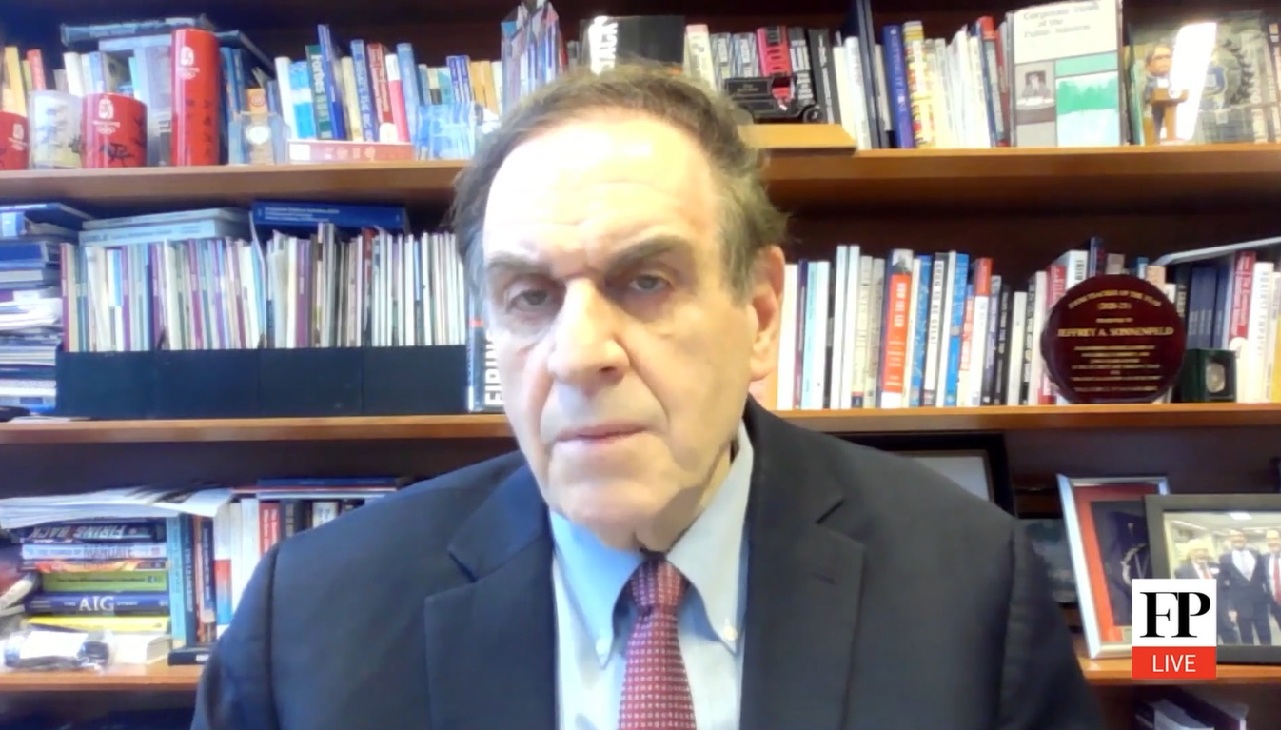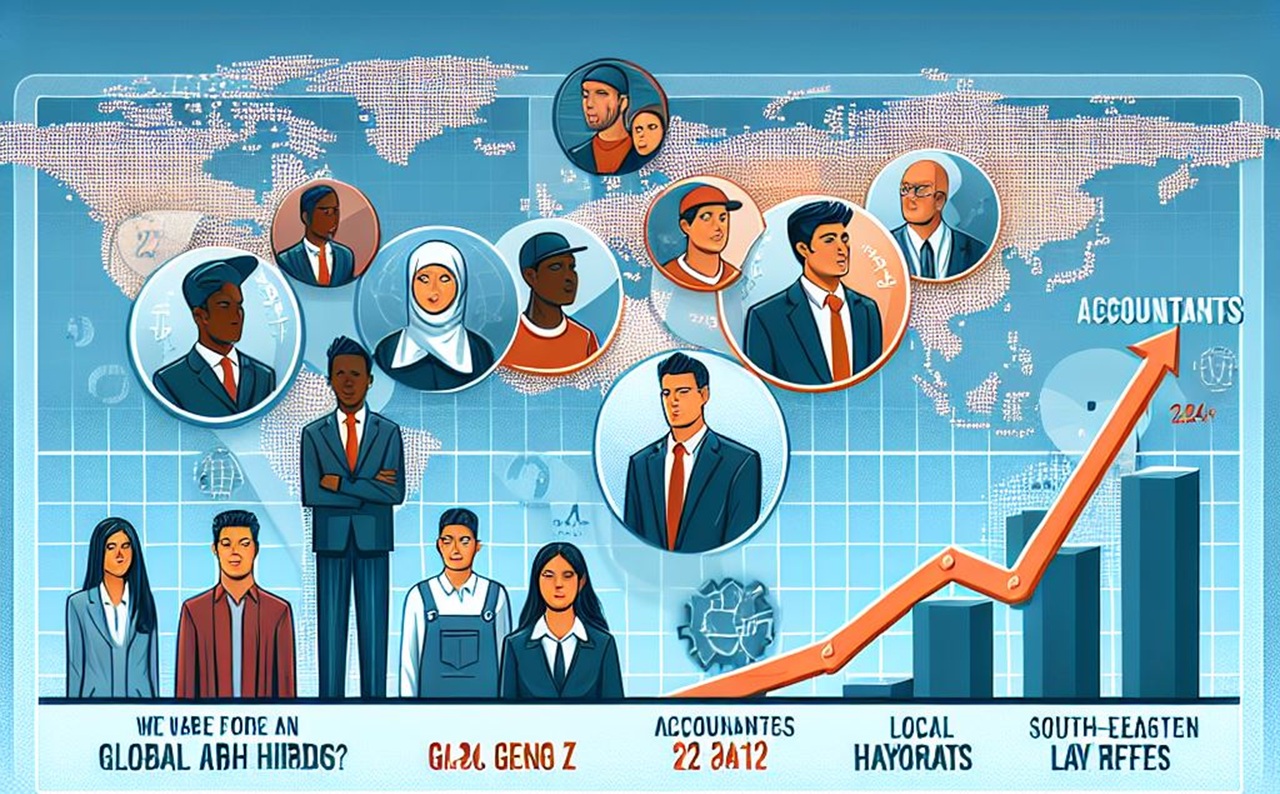
A helping hand in disease
To recognize World Rare Disease Day in 2023, an organization is born with the mission of bringing science to the Latino community.
Rare diseases are those that affect a small number of people compared to the general population. They pose a scientific challenge, are life-threatening, debilitating and have a high-level of complexity. Most are usually genetic, autoimmune, infectious, and some are diagnosed as rare cancers.
Of the 300 million people in the world with a rare disease, 30 million live in the United States. This affects 7% to 8% of the nation’s population, according to the National Organization for Rare Disorders (NORD). In Pennsylvania, home to 12.9 million people, one out of every 12 has a rare disease, as the Rare Disease Advisory Council lays out on its website.
Living with a rare disease
With limited advances in science, difficulty in obtaining an accurate diagnosis, and little to no research available for certain diseases, isolation and finding adequate medical services are major challenges for family's and individuals confronting these maladies.
In the case of the Latino community in the United States, there are also other factors such as cultural, scarce economic resources to access genetic testing, the fear of the social stigma associated with the migration process, and language barriers, including adequate vocabulary in Spanish to classify the diseases
With that dynamic in mind, and in honor of World Rare Disease Day, celebrated on the last day of February every year, the Hispanic Society for Rare Diseases (SHER) was born.
RELATED CONTENT
Scientific info in Spanish
“We are an association that promotes public awareness on rare diseases and provides information and resources in Spanish. We seek to be a link between organizations, scientists and health professionals focused on rare diseases and Hispanic families”, Deborah Requesens told AL DÍA.
Deborah Requesens is the founding partner of SHER, and is a Venezuelan-born, eight-year resident of Philadelphia. She's also the program director of the JumpStart program at the Orphan Disease Center of the University of Pennsylvania, where she works with patients and researchers to foster scientific collaboration and drive therapeutic development for low-prevalence diseases.
But Requesens is not alone. She has laid the groundwork for the new organization with Victoria Arteaga. She currently serves as Latin America director of the Syngap Research Fund (SRF). The nonprofit organization is out to improve the quality of life of SYNGAP1 patients through research and development of treatments, therapies and support systems.
For Latinos, made by Latinas
Requesens and Arteaga have been promoting their mission since late 2021, but Feb. 28, 2023 will be the official launch date for www.sociedadhispanaenfermedadesraras.org, and officially begin their efforts in the Latino community of Philadelphia.
They have also used their platforms on LinkedIn and Instagram to reach a Hispanic audience and promote equitable access to diagnosis, treatment and social care.
“We want SHER to be a space where we can disseminate scientific information of interest to the Hispanic community. We also want to share with the rest of the rare disease community, not only about our needs, but also about the nuances of our diverse culture,” Requesens said.











LEAVE A COMMENT: